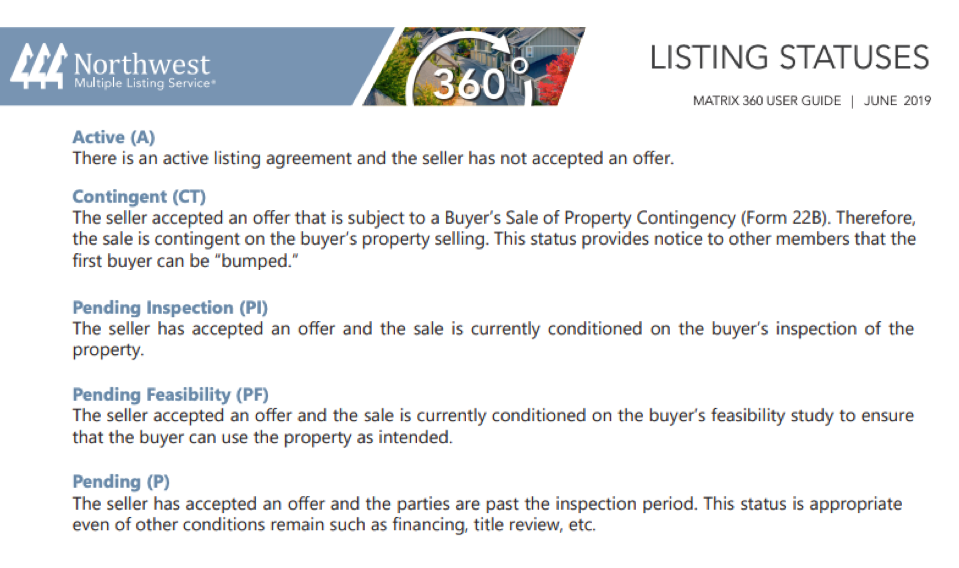Image “African American Man Throwing Paper Sheets” by Ketut Subiyanto, licensed under Pexels
You hear about contingencies all the time. Perhaps a friend talks about “waiving” a contingency to win his home. Or you have your eye on a listing online that goes from “Active” to “Contingent.” Maybe your parents are having a hard time in the market because they are “buying contingent.” What exactly does all this mean?
In the broadest sense, contingencies are conditions on the purchase contract. When you submit an offer on a home, it is subject to certain conditions. If these conditions are not satisfied, the contract may terminate. Most home buying contingencies protect the interests of the buyer. If something goes wrong, they give the buyer an opportunity to back out of the purchase without surrendering their earnest money. Each contingency has certain steps that must be taken, and each has a timeline associated with it.
When a buyer waives a contingency, it means that they are giving up the protections normally afforded to buyers under that contingency. Doing so might sound crazy, but in a competitive market, having fewer contingencies can make an offer much more appealing to the seller. If a buyer waived his financing contingency but there was a problem with his loan that prevented closing, the seller would keep his earnest money. If a buyer waived her inspection contingency, she would give up the ability perform an inspection, negotiate repairs, or use the inspection to back out of the purchase.
Ways buyers can potentially terminate the contract and retain their earnest money (not a comprehensive list):
- Financing Contingency
- Appraisal Contingency
- Inspection Contingency
- Septic Contingency
- Well Inspection Contingency
- Title Contingency
- Buyer’s Sale of Property Contingency
- Buyer’s Pending Sale of Property Contingency
- Feasibility Contingency
- Attorney Review Contingency
- Resale Certificate or Public Offering Statement Review Period
- Homeowner’s Association Review Period
- Information Verification Period
Okay, so most offers contain contingencies. Why is it that some homes go “Pending” while other homes go “Contingent”? There is only one contingency that will trigger the “Contingent” status in the NWMLS, and that is the Buyer’s Sale of Property Contingency. An accepted offer with any other contingencies will have status “Pending Inspection” (if subject to the inspection contingency), “Pending Feasibility” (if subject to the feasibility contingency), or simply just “Pending” (it can still be subject to a number of contingencies in this case). See below for the NWMLS definitions for each of these statuses.
If you hear someone say that they are “buying contingent,” they are also talking specifically about the Buyer’s Sale of Property Contingency. It means that in order for them to buy a new house, they need to use money from selling their current house. If their current house fails to close, their new house will also fail to close. You can understand why a seller might be less excited about receiving an offer with this particular contingency.
As a buyer, take time to understand the buying process at the beginning of your search. Ask your real estate agent about the different contingencies and what they mean. Houses move quickly, so you want to set yourself up for success BEFORE it’s time to write an offer.

 Facebook
Facebook
 Twitter
Twitter
 Pinterest
Pinterest
 Copy Link
Copy Link
